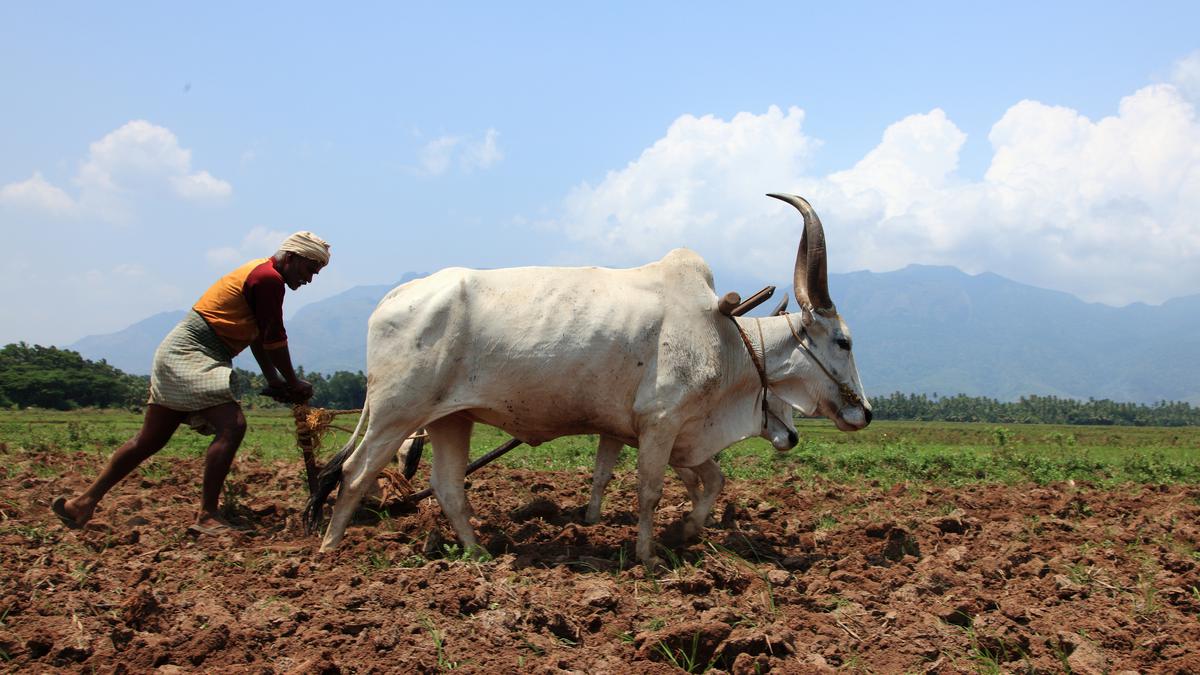Farmers in India’s Andhra Pradesh state are using natural farming methods to protect their crops from extreme weather caused by climate change. The practice involves using cow urine, organic materials, and crop rotation to improve soil health and increase water retention. The state government has been actively supporting the adoption of natural farming, with hopes to inspire all farmers in the region to switch to this more climate-resilient practice. However, greater government and political support, as well as subsidies for seeds, are needed to promote natural farming nationwide and address health concerns associated with chemical farming methods.
An academic paper cautions the government against a complete switch to natural farming, as it may hamper national food production. The paper discusses the implications of Zero Budget Natural Farming (ZBNF) on sustainability, profitability, and food security. It highlights the need for long-term experimentation and research before declaring ZBNF a nationwide practice. The paper presents the disparity in results from different studies on ZBNF and emphasizes the importance of supply chain networks for natural farming.








